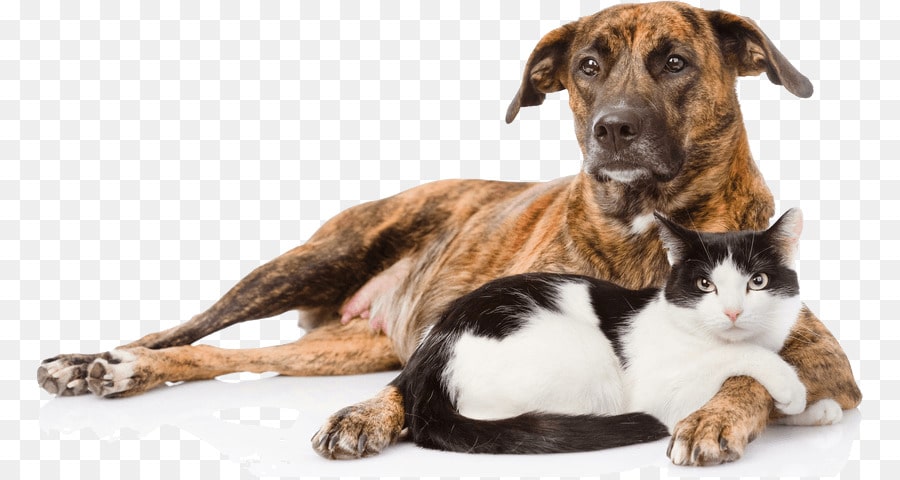You always look forward to your regular bonding with your furry pal. Your morning walks, runs and playtime with him have made you closer. But all of a sudden, he’s not in the mood. He tires easily. What could be wrong? He might be missing out on taurine!
Symptoms
Taurine deficiency has no specific symptoms. But since it is associated with dilated cardiomyopathy (DCM), the symptoms are usually linked to it. These are the following:
- weakness
- collapsing or fainting
- excessive panting without exercising
- moderate to severe blindness
- pain in the abdomen
- blood in the urine
- pain during urination
Tell-tale signs like the ones mentioned should be taken seriously, especially when your dog collapses or faints. Bring him to the veterinarian nearest you. Take note of the other symptoms as they usually arise from many conditions. A detailed history of your observations and past vet visits will definitely help in the diagnosis of your dog.
Diagnosis
A thorough physical examination will be conducted by the veterinarian to find out what’s wrong with your dog. The vet might take note of any pain present in the abdomen or pelvic area of your dog. He will listen to your dog’s heart and if there are abnormalities, may conduct an EKG. A chest x-ray may also be necessary to have a good look at your dog’s heart, if there’s swelling or fluid around it. An ultrasound is another way to determine the cause of the bladder or heart problem.
Blood and urine samples for analysis will also be taken to determine if, indeed, taurine is being lost, or if there’s any damage to your dog’s kidneys.
Treatment
Treatment varies as it will be dependent on what’s causing taurine deficiency in your dog. The treatment for the deficiency itself is supplemental taurine, but if the taurine deficiency has affected the heart and/or kidneys, additional treatment is needed to address these too.
If fluid is found in your dog’s lungs, this will be immediately treated by draining it. If kidney stones are found, and they’re too big to pass for your dog, these stones will either be removed surgically or broken down with soundwaves (lithotripsy) so the pulverized stone may pass with reduced pain.
Supplementation of taurine, and including it in your dog’s diet, may help stop or reverse cardiomyopathy. It may also prevent further degeneration of your dog’s eyesight if taurine deficiency has already affected his eyes.
Recovery
As mentioned, supplemental taurine as prescribed by the vet is needed for dogs diagnosed with taurine deficiency. Remember to follow the vet’s dosage as too much taurine is also harmful. The duration of supplementation should also be considered. So it’s important that proper dosage is administered until such time you’re told by the vet to stop.
As for dogs recovering from kidney stones, the vet may prescribe diuretics to help flush out the remaining stone fragments. Remember to have your dogs well hydrated if they’re being given diuretics. Have water bowls accessible to them at all times. It is also advisable to have an open space for them where they can urinate.
Of course, it wouldn’t hurt to give your furry friend Addiction dog foods that already have taurine. Make it a part of your dog’s diet moving forward.
Buy Addiction Foods’ Dry Pet Foods in a store near you.
Like us on Facebook and follow us on Instagram for more pet health and nutrition updates.
For further reading:
-
https://dogtime.com/dog-health/54171-taurine-deficiency-dogs-symptoms-causes-treatments
2. https://www.petmd.com/dog/conditions/cardiovascular/c_dg_taurine_deficiency -
https://www.dogsnaturallymagazine.com/is-protein-deficiency-hurting-your-dog/











